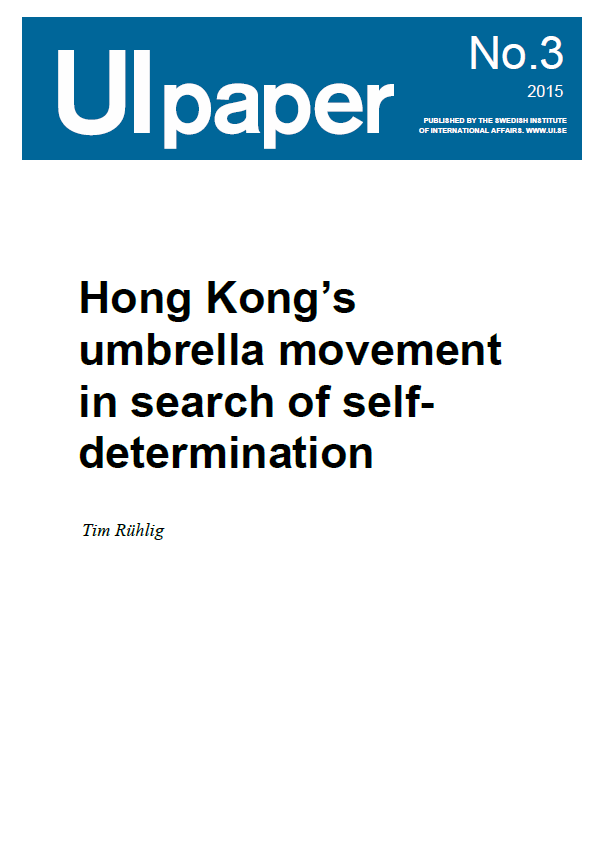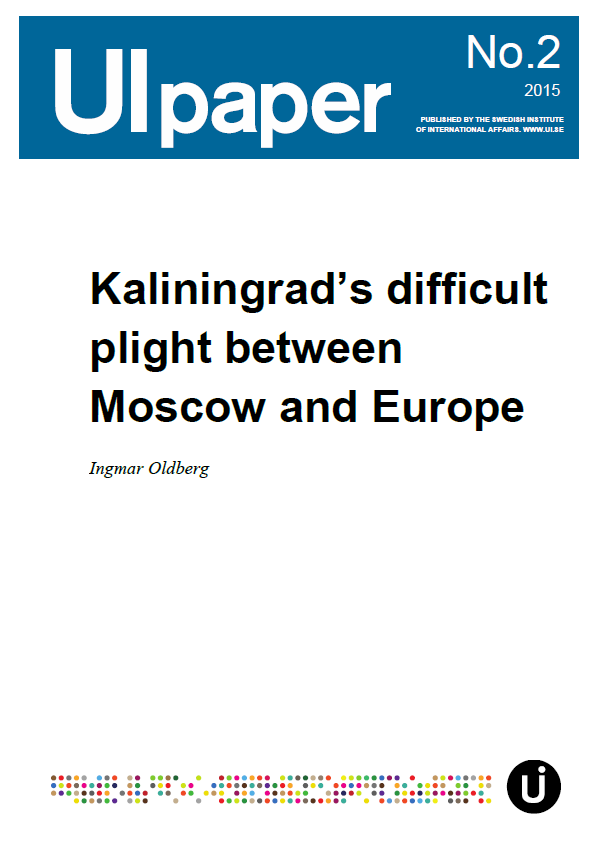European Union and the Geopolitics of Migration
The UI Paper "European Union and the Geopolitics of Migration" charts the challenges facing the EU in the field of migration, and suggests how Brussels might promote its own form of order.
For twenty years now, Europeans have been encouraged to view migration as the epitome of globalisation, the triumph of global economic drive over territorial order. So it’s significant that migration is now becoming an object of geopolitical competition. Across the world, countries are not only trying to reassert control of their borders but to use people flows and differences of population size for geostrategic gain. Is this a sign that geography now trumps economics?
It suggests rather that US-led globalisation, as an organising principle of world politics, is losing its hold. This has triggered competition to promote alternative units and modes of power. Migration, as a culturally and ideologically-loaded form of cross-border interaction, has become a particularly strong vector in this reshuffle. This paper charts the challenges facing the EU in the field of migration, and suggests how Brussels might promote its own form of order.
Author: Roderick Parkes is a research fellow at the Swedish Institute of International Affairs (UI) where he is working on immigration policy. He is also a senior fellow (non-resident) of the German Institute of International and Security Affairs (SWP) and the Polish Institute of International Affairs (PISM). In 2014, he co-authored the European Global Strategy.

